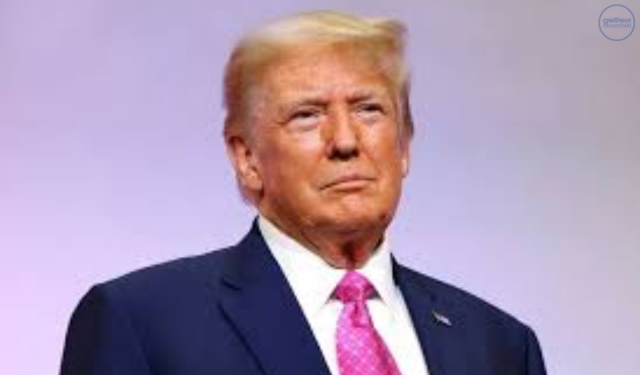In an unexpected move, former U.S. President Donald Trump has announced that Chinese-made smartphones and electronics will no longer be exempt from tariffs.
This declaration comes days after reports suggested that these products might escape levies of up to 145%.
Trump clarified on social media that the items were simply moving into a different “tariff bucket,” suggesting a semiconductor-specific levy instead. The decision has reignited trade tensions with China, whose commerce ministry urged the U.S. to cancel the entire tariff regime, emphasizing the need for mutual respect.
While U.S. officials indicate plans to investigate the electronics supply chain through “National Security Tariff Investigations,” the move has raised concerns about the global economy’s stability. Stock markets showed volatility as nations brace for the implications of tit-for-tat tariffs.
Adding to the economic uncertainty, Sony announced price hikes for its flagship PlayStation 5 console in several regions, citing inflation and exchange rate challenges. Meanwhile, consumers and businesses alike are navigating the shifting landscape of global trade policies and their impact on everyday products.
As the U.S.-China trade war deepens, all eyes are on the next phase of negotiations and its consequences for the international community.





























